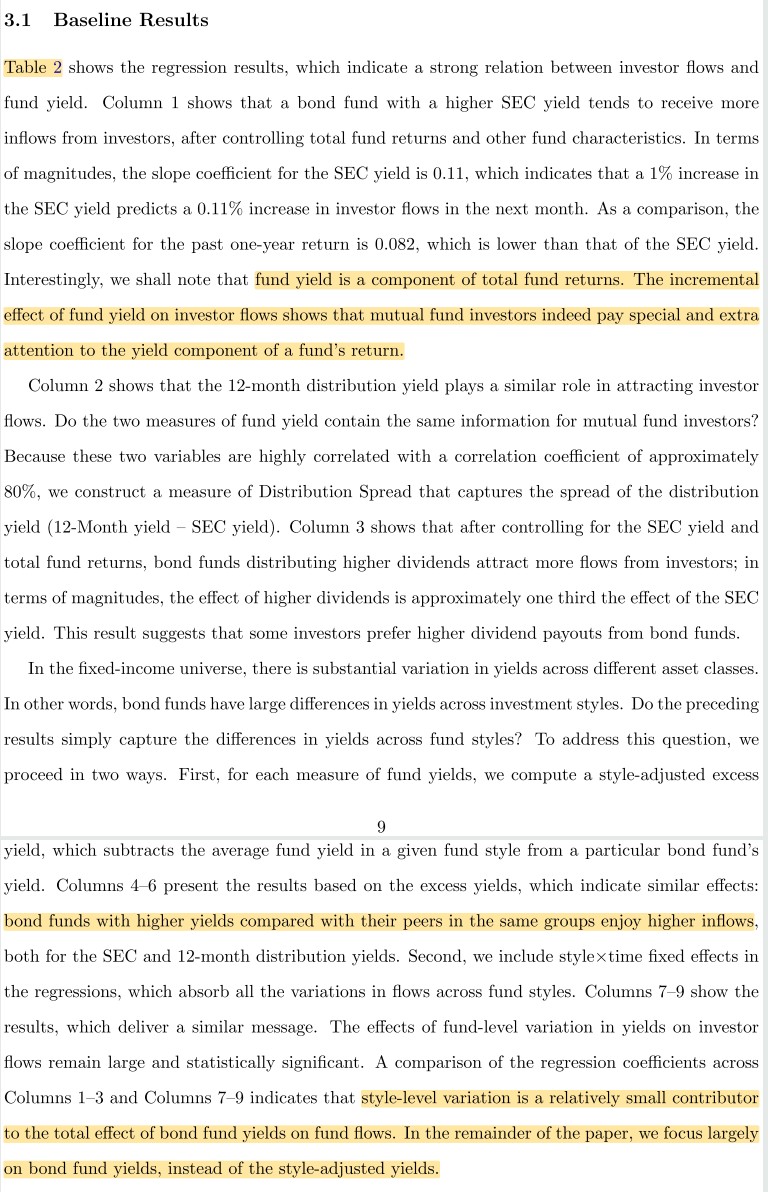
We agree that some textbook experiments in biology don't replicate. Did you know that CAPM doesn't replicate, either?
Fren A: CONSPIRACY THEORIST
CAPM doesn't replicate, but did you know that some textbook experiments in bio also don't replicate?
Fren B: CONSPIRACY THEORIST
🤷
Fren A: CONSPIRACY THEORIST
CAPM doesn't replicate, but did you know that some textbook experiments in bio also don't replicate?
Fren B: CONSPIRACY THEORIST
🤷
Despite widely-discussed problems in finance research (and our experience that the research over-states the replicability and utility of factors), the factor investing literature may actually replicate better than experiments in other fields.
https://twitter.com/ReformedTrader/status/1371235486988001281
• • •
Missing some Tweet in this thread? You can try to
force a refresh

























